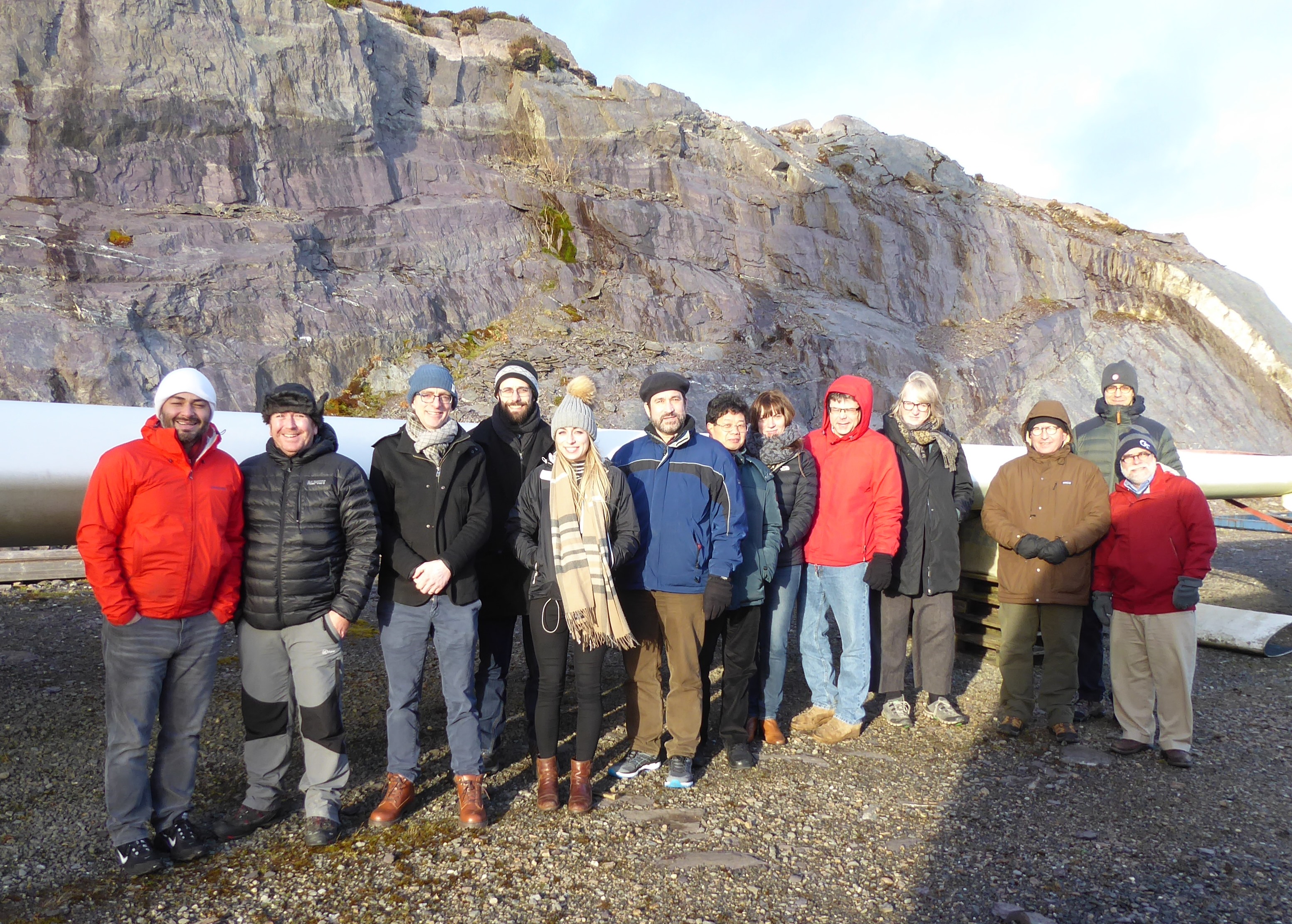Global research team explores sustainable reuse of wind turbine blades

Researchers in UCC Energy Engineering are collaborating with others in the United States and Northern Ireland on a reuse project for wind turbine blades. They’re working on a sustainable approach that benefits local communities and sets a new course for the wind power industry. The project is funded under the US-Ireland Tripartite Research Program and is named RE-WIND.
Wind energy technology has grown rapidly in the past 15 years. Given the 20-year lifespan of non-biodegradable blades in current wind turbines, they will need to be disposed of in the near future. The researchers are seeking an alternative to unsustainable disposal methods like landfilling and incineration.
The project will explore the blades’ potential reuse in architectural and engineering structures. Such methods can have a positive effect on air quality and water quality, decreasing a major source of non-biodegradable waste.
The project spans the disciplines of engineering, architecture, geography, sociology, and political science. The researchers are based at City College of New York, Georgia Institute of Technology, University College Cork, and Queen's University Belfast. The project leaders are Lawrence Bank, adjunct professor at the Grove School of Engineering at City College of New York; Russell Gentry, professor of architecture and civil engineering at the Georgia Institute of Technology; Paul Leahy, lecturer in wind energy engineering at University College Cork; and Jian Fei Chen, professor of civil and structural engineering at Queen's University Belfast. Niall Dunphy of UCC School of Engineering’s Cleaner Production Promotion Unit and Ger Mullally, UCC Department of Sociology complete the UCC academic team.
- Leahy says the research will provide valuable information about wind energy to community stakeholders. These include energy and waste-management policymakers, wind energy company executives, and wind turbine manufacturers and installers, along with concerned community members.
“Wind power is an important renewable energy source,” says Dr. Leahy. “If we can find a socially acceptable reuse and recycling method for the non-biodegradable materials in wind turbine blades, we can make a significant contribution to its development. We know that wind energy provides a sustainable source of electricity, what this project aims to do is to make the turbines themselves more sustainable.”
“The methodology we create in this research could be applicable to other large manufacturing industries in addition to the wind energy industry,” says Prof. Bank. “It will also provide guidance to policymakers and local leaders on best practices to benefit industry and communities.”
The researchers are using Ireland as a testing ground because of its wide variety of geographical regions in a relatively compact space: coastal, mountainous, urban, suburban, and rural. At the recent project kickoff meeting in UCC, advisory board member Jeffrey S. Russell of the University of Wisconsin-Madison conducted a master class in project leadership to address the unique challenges of managing a globally distributed team. Other advisory board members in attendance were John Blaho, director for industrial-academic research at City University of New York; and Nathan Post, lead engineer at WindESCo, a technology company specializing in wind energy.
For more on this story contact:
For more information on the project, contact Paul Leahy paul.leahy@ucc.ie +353 21 4902017
School of Engineering and Architecture
Scoil na hInnealtóireachta
Contact us
Electrical Engineering Building, UCC, College Road, Cork.
